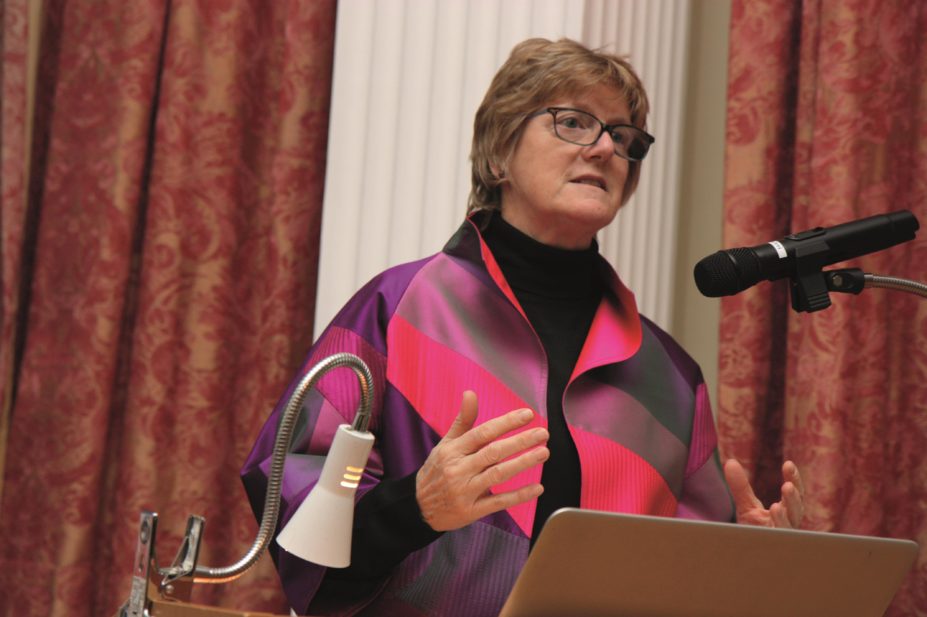
Wikimedia Commons
Dame Sally Davies, chief medical officer, has called for all healthcare professionals to start considering genomics as a usual and expected part of healthcare, where appropriate, in her annual report, ‘Generation Genome’.
Speaking about the launch of the report at a joint event led by Progress Educational Trust and Genomics England, held at the Wellcome Collection on 4 July 2017, Davies said: “Genomic medicine is already with us, but not everyone can access it.”
She added that she was “saddened that healthcare professionals have taken a long time to work out where this science is going” and that with the UK in a leading position in genomic science, helped by the 100,000 Genome Project, there now needs to be an emphasis on “patients first”.
The chief medical officer’s annual report on health in England is independent of government and forms part of Davies’ statutory role.
Genomics in the spotlight
The report focuses on genomics, exploring how genomics is currently used in health and care, its potential for development, and recommendations to make this happen. It is comprised of contributions from leaders in the field and is divided into distinct sections including the treatment of cancer, diagnosing rare diseases, the use of genomics in screening and ‘personalised’ prevention and drug targeting. There is also a section on the ethical issues surrounding genomics.
In the report Davies highlights the importance of shortening the “diagnostic odyssey” for patients with rare diseases, helping them to identify therapeutic options faster and improve outcomes.
To do this, according to Davies, it is key we move away from the ‘cottage industry’ of small labs dotted over the country towards centralised factories, where the best sequencing can be done at the best price to get results for more patients at once. Among her recommendations is that NHS England and Public Health England explore the feasibility of integrating laboratory services for screening tests using screening technology.
Davies also said that one of the biggest problems with disseminating approaches to genomics is doctors “who haven’t woken up to how science has changed” and that traditional barriers between genetics labs and other hospital labs need to be broken down quickly.
New board proposed
Her report suggests the Department of Health establish a new National Genomics Board, chaired by a government minister, to facilitate collaboration and ensure effective delivery of key priorities.
On the topic of ethics and consent, Davies said consent needs to be built on the basis of knowledge, understanding and trust. In the report she talks of a “social contract” whereby Genomics England and NHS England engage in an extensive public dialogue to build trust in relation to genomic medicine.
Michael Parker, director of the Wellcome Centre for ethics and humanities and the Ethox centre and a speaker on the launch evening’s panel, said that the biggest ethical issues with genomics are priority setting, resource allocation and equity. To help tackle this, Davies recommends that NHS England should, as planned, recommission all genomics services nationally to enable equitable service provision across the country.
Helen Stokes-Lampard, chair of the Royal College of GPs, welcomed the report, and agreed that genomics has the potential to transform health outcomes and save lives, but she also highlighted that GPs and their teams are already under a lot of pressure and that sufficient support should be given before additional duties are imposed upon them.
“It is vital that NHS staff, including GPs and other healthcare professionals, are provided with access to high-quality training and the time and resources to learn about developments and to then effectively communicate genomic data with their patients. They must also be given support around the ethical, social and legal implications that come with handling such sensitive patient data,” she said.


